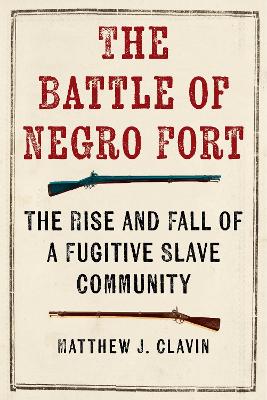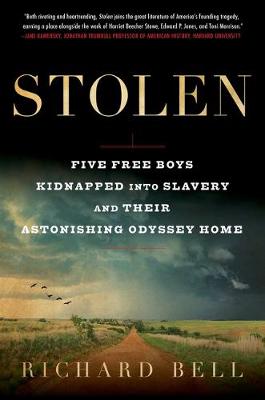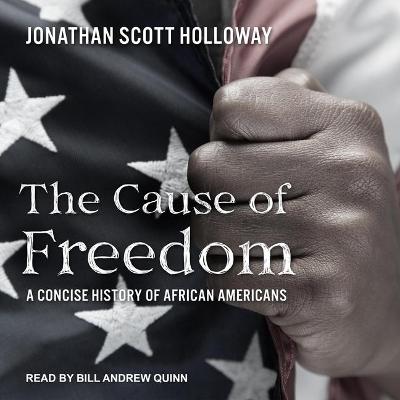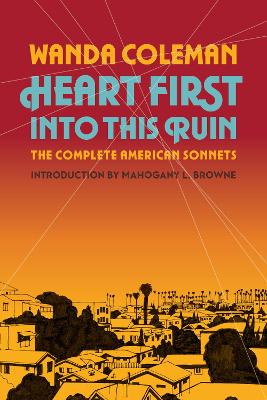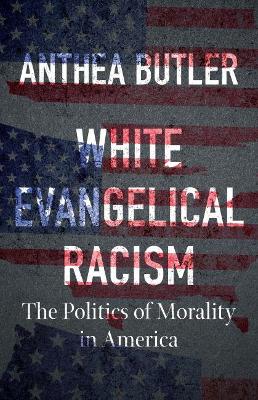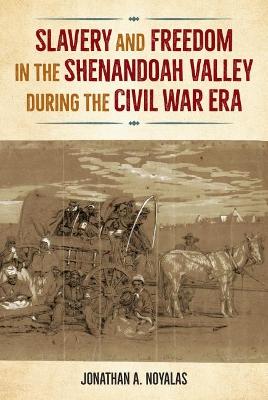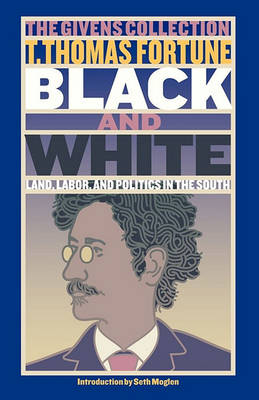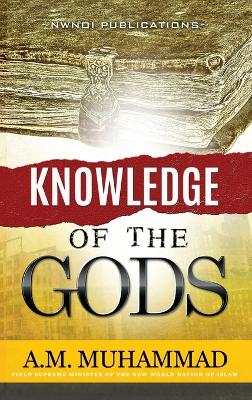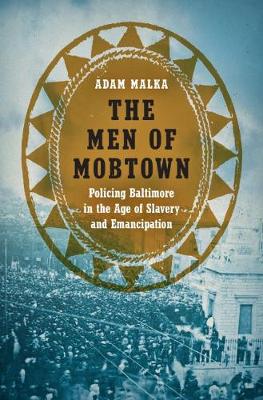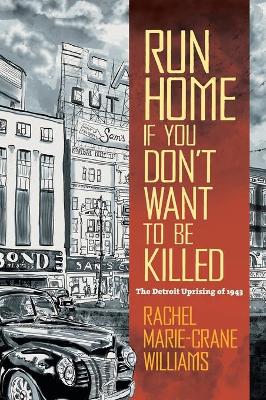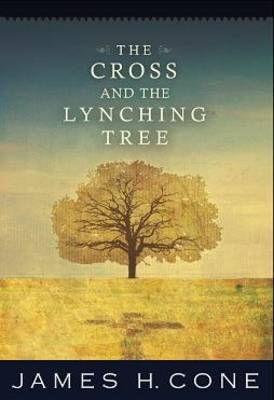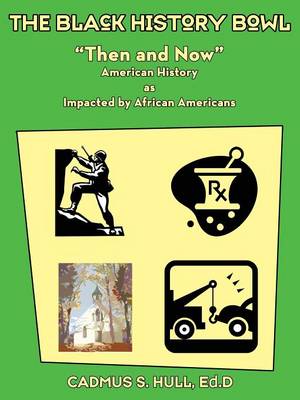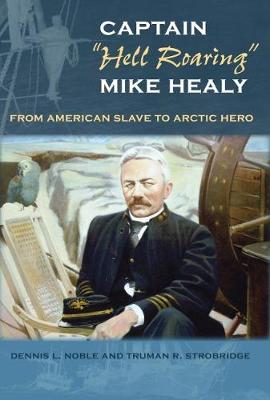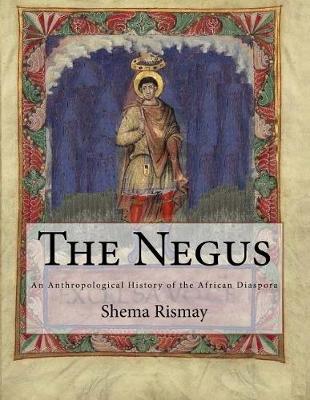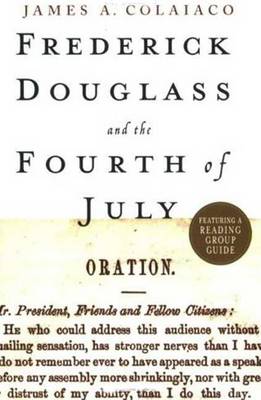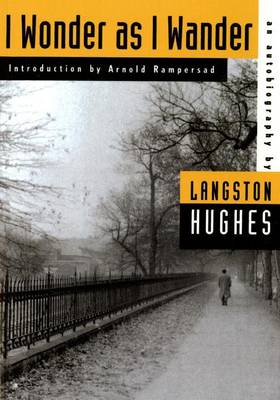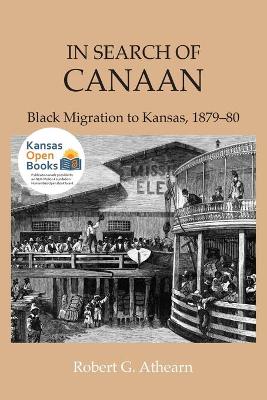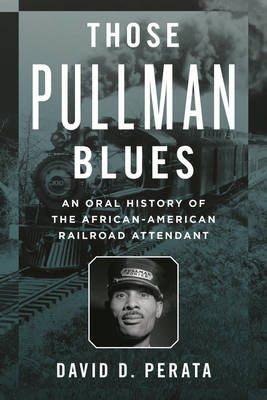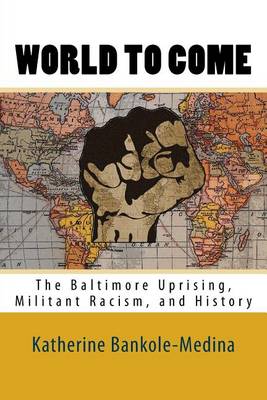The dramatic story of the United States' destruction of a free and independent community of fugitive slaves in Spanish Florida In the aftermath of the War of 1812, Major General Andrew Jackson ordered a joint United States army-navy expedition into Spanish Florida to destroy a free and independent community of fugitive slaves. The result was the Battle of Negro Fort, a brutal conflict among hundreds of American troops, Indian warriors, and black rebels that culminated in the death or re-enslave...
“Fantastically entertaining and deeply engaging...potent distillations of creative rage, social critique, and subversive wit.”—Washington Post “Terrifying and fearlessly inventive.”—New York TimesThe first complete collection of Wanda Coleman’s original and inventive sonnets. Long regarded as among her finest work, these one hundred poems give voice to loving passions, social outrage, and hard-earned wisdom. Wanda Coleman was a beat-up, broke Black woman who wrote with anger, humor, and ruthl...
A fascinating work of detective history, The Black Death traces the causes and far-reaching consequences of this infamous outbreak of plague that spread across the continent of Europe from 1347 to 1351. A fascinating work of detective history, The Black Death traces the causes and far-reaching consequences of this infamous outbreak of plague that spread across the continent of Europe from 1347 to 1351. Drawing on sources as diverse as monastic manuscripts and dendrochronological studies (which m...
The American political scene today is poisonously divided, and the vast majority of white evangelicals plays a strikingly unified, powerful role in the disunion. These evangelicals raise a starkly consequential question for electoral politics: Why do they claim morality while supporting politicians who act immorally by most Christian measures? In this clear-eyed, hard-hitting chronicle of American religion and politics, Anthea Butler answers that racism is at the core of conservative evangelical...
Slavery and Freedom in the Shenandoah Valley during the Civil War Era (Southern Dissent)
by Jonathan A Noyalas
This book examines the complexities of life for African Americans in Virginia's Shenandoah Valley from the antebellum period through Reconstruction. Although the Valley was a site of fierce conflicts during the Civil War and its military activity has been extensively studied, scholars have largely ignored the Black experience in the region until now.Correcting previous assumptions that slavery was not important to the Valley, and that enslaved people were treated better here than in other parts...
Transamerican Sentimentalism and Nineteenth-Century Us Literary History
by Assistant Professor Maria Windell
Featuring a new foreword by Robin D. G. Kelley, this updated edition of the classic exploration of the economic inequality that fuels systematic racism, from one of the leading Black public intellectuals of the 19th century, is as timely and radical today as it was when it was first published. "The preeminent Black journalist of his age" (Henry Louis Gates, Jr., author of The Black Church) and an early agitator for civil rights, T. Thomas Fortune astutely and compellingly analyzes the relations...
What if racialized mass incarceration is not a perversion of our criminal justice system's liberal ideals, but rather a natural conclusion? Adam Malka raises this disturbing possibility through a gripping look at the origins of modern policing in the influential hub of Baltimore during and after slavery's final decades. He argues that America's new professional police forces and prisons were developed to expand, not curb, the reach of white vigilantes, and are best understood as a uniformed wing...
In the heat of June in 1943, a wave of destructive and deadly civil unrest took place in the streets of Detroit. The city was under the pressures of both wartime industrial production and the nascent civil rights movement, setting the stage for massive turmoil and racial violence. Thirty-four people were killed, most of whom were Black, and over half of these were killed by police. Two thousand people were arrested, and over seven hundred sustained injuries requiring treatment at local hospitals...
The cross and the lynching tree are the two most emotionally charged symbols in the history of the African American community. In this powerful work, theologian James H. Cone explores these symbols and their interconnection in the history and souls of black folk.
The Black History Bowl Then and Now American History as Impacted by African Americans
by Ed D Cadmus S Hull
Captain "hell Roaring" Mike Healy (New Perspectives on Maritime History and) (New Perspectives on Maritime History and Nautical Archaeology)
by Dennis L. Noble and Truman R. Strobridge
One of the Coast Guard's great heroes and the secret he kept hidden"This is a book of adventure that tells how one man shaped the Alaskan frontier at a crucial time in American history."--Vincent William Patton, Master Chief Petty Officer of the Coast Guard, retired"Diligent research and precise writing reveal the realities of race relations in nineteenth-century America, as well as the dangers, loneliness, and complex relationships of life at sea in that era."--Bernard C. Nalty, author of Stren...
Word spread across the southern farm country, and into the minds of those who labored over cotton or sugar crops, that the day of reckoning was near at hand, that the Lord had answered black prayers with the offer of deliverance in a western Eden. In this vast state where Brown had caused blood to flow in his righteous wrath, there was said to be land for all, and land especially for poor blacks who for so long had cherished the thought of a tiny patch of America that they could call their own....
Before Oscar Micheaux became celebrated as one of the earliest black filmmakers, he wrote a series of remarkable novels, the first one published in 1913 as The Conquest. Dedicated to Booker T. Washington, the black educator whose advocacy of assimilation was opposed by many of his race who were agitating for civil rights, The Conquest "is a true story of a negro who was discontented and [of] the circumstances that were the outcome of that discontent." The novel portrays the aspirations and strug...
The first oral history centering on the unique experiences of black porters and railroad attendants during the railroad's heyday is by turns dramatic, inspiring, comic, and heartwrenching. First person accounts document both the glamour of the railroad era and the bitter realities of being a black worker on a white railroad.

